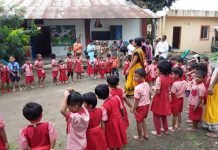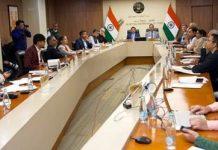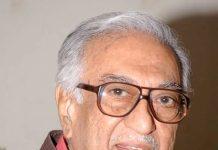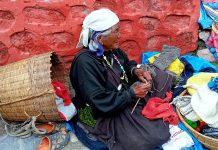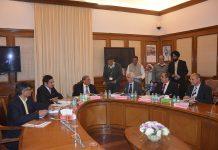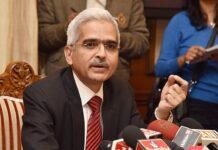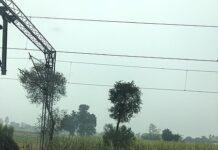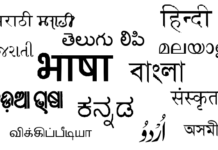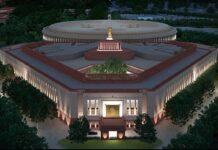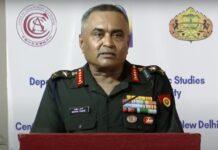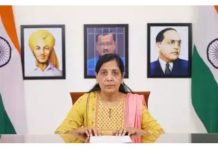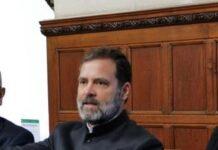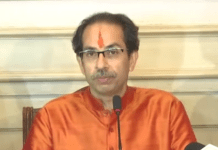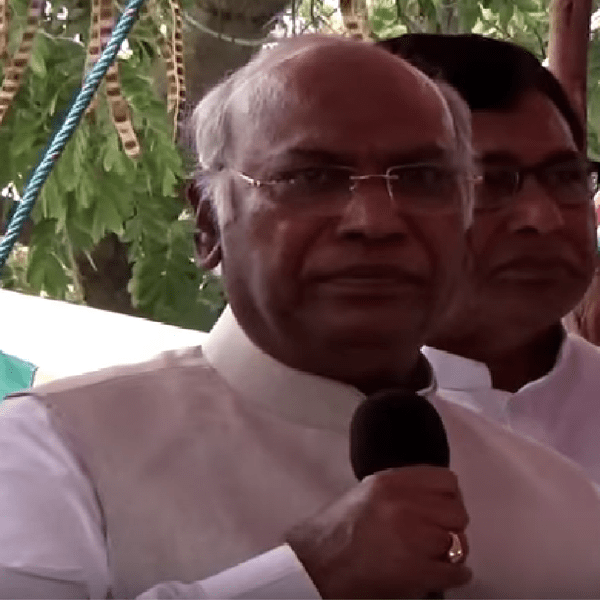On 24th February 2023, the first day of the Congress’s 85th plenary session in Raipur, Chhattisgarh, Steering Committee and Subject Committee meetings were held.
One of key developments on the first day of the plenary session was Congress President Kharge‘s statement of his party’s position on caste census. He said, “census on the basis of caste is necessary. It is necessary for social justice and social empowerment. PM Modi is silent about the census on the basis of caste. We are discussing this issue in the plenary session”.
The issue of caste-based Census has been coming up in the mainstream political discourses for some time. Many regional political parties such as RJD and JDU in Bihar, SP in UP etc have been demanding this for a long time but this is the first time that Congress Party, one of the main political parties at national level, has come out in the open, supporting and demanding it. This is bound to have wide political ramifications in coming days.
Caste-based Census was last conducted way back in 1931. There has been a longstanding demand for this for several decades. RJD-JDU government in Bihar is currently conducting caste survey in the state. The first phase was completed last month in January 2023. The second phase will be conducted in next month in March. The stated aim behind the survey is to help the government formulate more accurate welfare schemes and to take people forward so that no one gets left behind.
Constitution of India prohibits discrimination of the basis of caste however it does allow affirmative actions by the State for the upliftment of socially and educationally backward classes of the society. The policy of reservation for such classes of society in legislatures, employment and educational institutions is one such affirmative action by the State which is in place since 1950 when the Constitution was adopted by the people. This has, by and large, served the purpose of uplifting and mainstreaming marginalised sections.
However, aims of social justice, empowerment of weaker sections and social welfare notwithstanding, the policy of reservation has also, unfortunately, become the most important tool of political mobilisation and the play of politics of caste identities at the cost of consolidation of Indian national identity.
Ideally, elections should be fought based on social and economic policies and performances of the candidates and political parties, however democracy and electoral politics in India operate largely based on primordial loyalties to birth-based endogamous groups called castes.
Despite all the commendable progresses made, unfortunately, birth-based, social inequality in the form of caste remains an ugly reality of Indian society; all that you have to do to see it is to open the matrimonial pages of national dailies to note parent’s preferences in selection of sons-in-law and daughters-in-law or the regular reports of caste violence in rural areas.
The politics is not the fountainhead of caste, it only uses the existing reality of caste affinity and loyalty for electoral gains. Congress party’s sudden realisation of necessity of caste census for the commendable objectives of social justice and social empowerment may be seen in the context of forthcoming parliamentary election scheduled next year. The party, after reasonable success of Rahul Gandhi’s Bharat Yatra is looking for possible ways and means, to make a dent in the vote bank of ruling BJP as evident of congress president Kharge’s observation about PM Modi’s silence on caste-based census that Kharge’s party is discussing in the plenary session.
BJP, on the other hand, having ascended to power courtesy partly to consolidation of Hindu votes over Lord Ram temple issue, is struggling to maintain a safe distance from anything that could inflame caste identities and become Mandal 2.0. disturbing their cart. They are rather focussing on performance on economic development, India’s civilisational glories, national pride stories and India’s rising influence in the global setting to consolidate their votes. If the response in North-East is any indication, under PM Modi, Bhartiya Janata Party has tried hard to shed its earlier image of upper castes’ party limited to north Indian states to a pan Indian general mass-based party.
The noble cause of “social justice, welfare and empowerment of weaker sections” must be the moral commitment of political dispensation of India and may be long overdue but the idea of caste-based census merely for determining share in “rights and power“ in proportion of population on a birth-based parameter, as indicated in the above tweet by Samajwadi Party will be an anathema to the cherished idea of India as a nation because the idea of proportional share may give rise to ‘proportional representation and sectarianism’ reminiscent of Muslim League’s divisive politics of yesteryears during pre-independence national movement days. The issue of social justice and empowerment must be addressed by the whole Indian nation (and not by the short-sighted champions of a caste or sect).
Problem with Indian National Congress (INC) is it handed over its nationalism to BJP and fell from grace.
On a related note, Congress leader Rahul Gandhi is known to have said on several occasions that India is not a nation yet his party’s tweet, paradoxically, talks about reforms that support nation-building.
The biggest forum to bring about reforms that support nation-building.
Congress President Shri @kharge & CPP Chairperson Smt. Sonia Gandhi ji will address the 85th Plenary session tomorrow, which is being held in Nava Raipur, Chhattisgarh.
***


